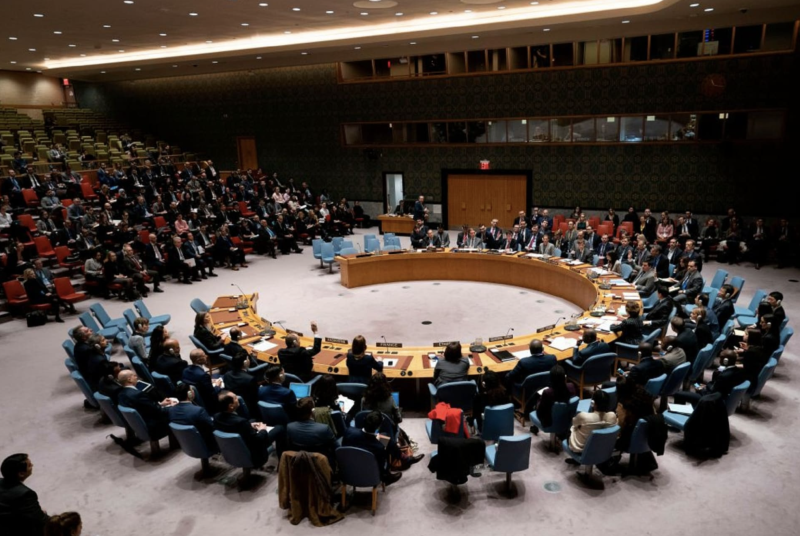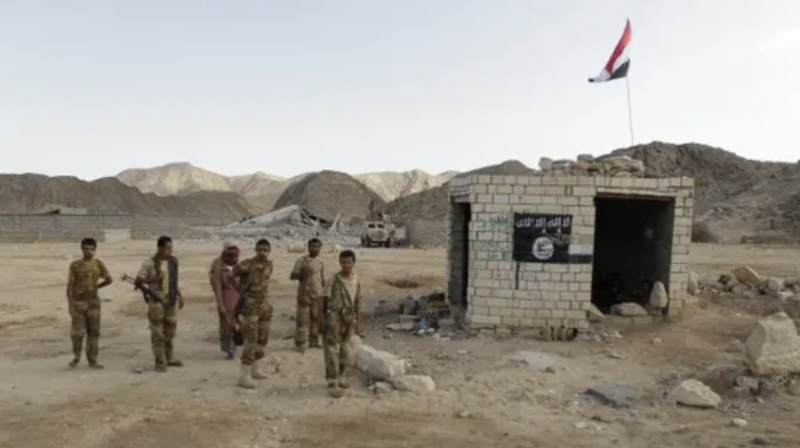Yemeni prisoner swap will take weeks, Red Cross says


A prisoner swap in Yemen will take weeks and may involve the repatriation of third country nationals captured in the nearly four-year war, a senior official of the International Committee of the Red Cross (ICRC) said on Tuesday.
Yemen’s Houthi movement and the Saudi-backed government on Tuesday exchanged lists of some 15,000 prisoners for a swap agreed as a confidence-building measure at the start of U.N.-sponsored peace talks in Sweden.
The release and transfer would be managed by the U.N. and ICRC, an independent aid agency which said last week that an estimated 5,000 to 8,000 detainees could be exchanged.
“We know that lists have been exchanged ... It’s going to take a number of weeks for sure,” Johannes Bruwer, the outgoing ICRC head of delegation in Yemen, told a news briefing in Geneva.
“This will be the next step in the discussion after the lists are exchanged to see how the different parties would be willing for us to deal with this, and how they would foresee the repatriation of nationals to third countries,” he said.
Saudi Arabia is leading a Western-backed Gulf Arab coalition of countries carrying out air strikes in support of the Yemeni government of President Abd-Rabbu Mansour Hadi against the Iran-allied Houthi movement.
The ICRC has seen “a steep increase in malnutrition over the last months” in Yemen and the middle class is “gone” in the country where some 1.2 million people have not received salaries for months, Bruwer said.
Even an immediate halt in hostilities may not avert famine in Yemen, where 22 million people, or four out of five, rely on aid, he said.
“Commercial goods need to flow with less restriction, that is a problem across the country, not just Hodeidah (port), the airport in Sanaa needs to be opened,” he said.
Journalists named Time person of the year
“It’s an entire country at risk,” Bruwer said. “So are we able to assist an entire country at risk is an open question. In the current circumstances we think it is not very easy.
“If everything were to stop tomorrow, we would still have a very difficult time in addressing the malnutrition and the increasing risk of famine. If it were not to stop tomorrow it will be so much more difficult because it’s deteriorating really fast at the moment,” he said.
AFP.

NewYork -- The United Nations Security Council has urged all parties in Yemen to de-escalate tensions and intensify diplomatic efforts to end the c…

Marib — A senior al-Qaeda commander was killed Tuesday in a suspected U.S. drone strike in Yemen’s northern province of Mareb, accordin…

London — The United Kingdom has announced new sanctions targeting Hussein al-Houthi, son of Abdulmalik al-Houthi, leader of the Houthi militi…